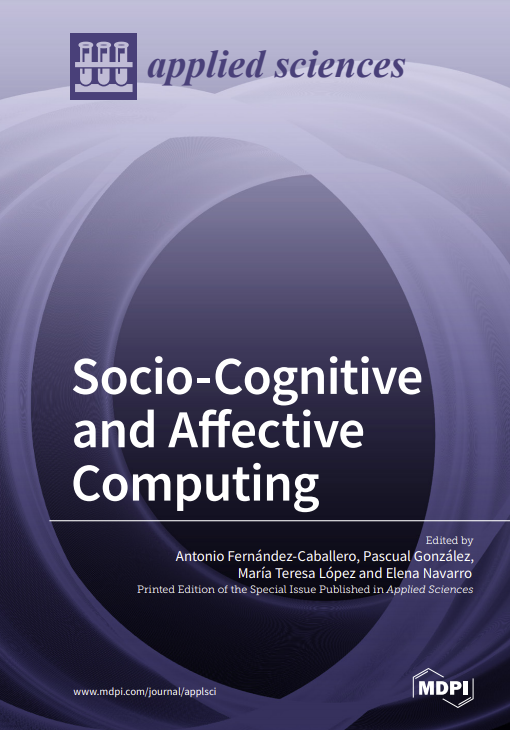Socio-cognitive and affective computing
Editorial: MDPI
Licencia: Creative Commons (by-nc-nd)
Autor(es): Fernández-Caballero, Antonio; [et al.]
"Social cognition focuses on how people process, store, and apply information about other people and social situations. It focuses on the role that cognitive processes play in our social interactions. On the other hand, the term cognitive computing is generally used to refer to new hardware and/or software that mimics the functioning of the human brain and helps to improve human decision-making. In this sense, it is a type of computing with the goal of discovering more accurate models of how the human brain/mind senses, reasons, and responds to stimuli. Thus, Socio-Cognitive Computing should be understood as a set of theoretical interdisciplinary frameworks, methodologies, methods and hardware/software tools to model how the human brain mediates social interactions. In addition, Affective Computing is the study and development of systems and devices that can recognize, interpret, process, and simulate human affects, a fundamental aspect of socio-cognitive neuroscience.
[Basel: 2018]
Compartir:
Una vez que el usuario haya visto al menos un documento, este fragmento será visible.


